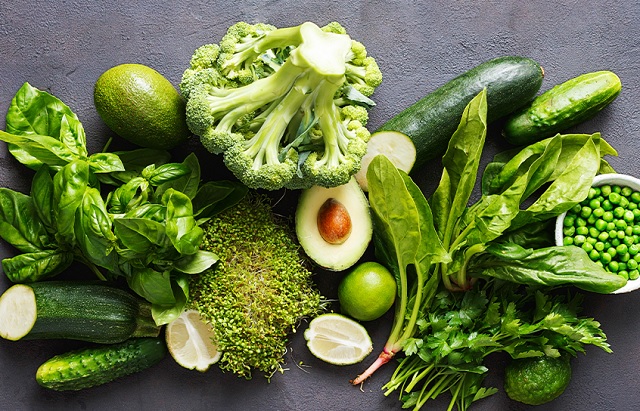Alemania incrementa el apoyo a las economías en desarrollo para que cumplan las normas comerciales sobre inocuidad de los alimentos
Alemania incrementa el apoyo a las economías en desarrollo para que cumplan las normas comerciales sobre inocuidad de los alimentos.

Foto tomada de https://www.somosesencial.cl/blog/detalle/2024/el-poder-de-las-verduras-verdes-energia-y-vitalidad-para-tu-cuerpo
15 de enero del 2025.- El Ministerio Federal de Cooperación Económica y Desarrollo (BMZ) de Alemania va a hacer una contribución de EUR 600.000 (aproximadamente CHF 560.000) al Fondo para la Aplicación de Normas y el Fomento del Comercio (FANFC) con el fin de ayudar a las economías en desarrollo y los países menos adelantados (PMA) a cumplir las normas internacionales en materia de inocuidad de los alimentos y sanidad animal y vegetal aplicables al comercio y mejorar su acceso a los mercados mundiales y regionales. Esta contribución de 2024 forma parte de un acuerdo plurianual con el BMZ para el período de 2021 a 2027.
The new funding contributed by Germany will advance the work under the new STDF Strategy for 2025-2030. Its aim is to identify, pilot and scale up innovations to strengthen sanitary and phytosanitary (SPS) capacity and facilitate safe trade that benefits developing economies. This includes promoting the ability to address new and emerging SPS challenges and opportunities, and mainstream cross-cutting issues like gender and the environment. Additionally, it aims for the improvement of the results and sustainability of SPS capacity development globally.
WTO Director-General Ngozi Okonjo-Iweala said: «My thanks to Germany for its sustained and generous support. This new contribution underlines the increasing importance of the STDF in today’s landscape, affected by climate change, global economic uncertainty and technological shifts. By focusing on SPS improvements in developing countries, the STDF addresses key trade and development issues that cross borders and directly impact people’s well-being and livelihoods. Robust SPS systems and the capacity to manage SPS risks are global public goods.»
Dr Ariane Hildebrandt, Director General at BMZ, said: “Germany is committed to supporting the participation of actors in developing countries in international trade. Over the last 20 years, the STDF has demonstrated its ability to bring together relevant stakeholders, address urgent issues in the field of SPS and food safety, and foster innovations that are worth scaling up and disseminating. We strongly believe that safe trade contributes to food security and income generation in our partner countries. However, we also recognize the challenges that partner countries face in dealing with the effects of climate change, multiple crises, and rising trade standards. We are pleased to continue our collaboration with the STDF in the new strategy period 2025–2030 and to support our partners in creating stable and resilient agricultural trade.”
Germany’s funding will strengthen SPS capacity that supports agricultural and food systems transformation, building resilience against climate change and biodiversity loss, and promoting sustainable and inclusive development. The contribution will also help developing economies address other structural challenges faced in their domestic agricultural and food systems. It supports them in improving the safety of food for domestic populations, better integrate in global value chains and take advantage of trade to drive economic growth, job creation and poverty reduction.
The STDF is a global partnership to facilitate safe and inclusive trade, established by the Food and Agriculture Organization (FAO) of the United Nations, the World Organisation for Animal Health (WOAH), the World Bank Group (WBG), the World Health Organization (WHO) and the WTO, which houses and manages the partnership. The STDF responds to evolving SPS needs, drives inclusive trade and contributes to sustainable economic growth, food security and poverty reduction, in support of the United Nations Sustainable Development Goals.















